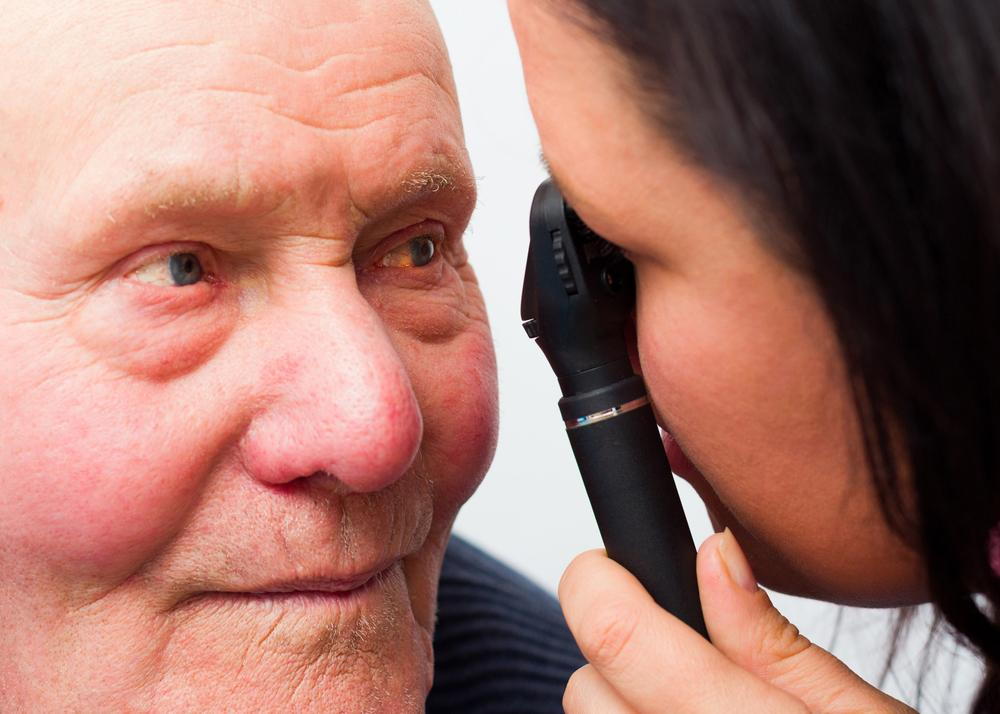Featured
Table of Contents

Normal eye assessments are important for keeping good vision and spotting prospective eye wellness problems early. Nonetheless, the regularity of these tests can differ considerably based on a person's age, way of life, and general health. Recognizing the suggested timetable for eye exams can help make sure that people of every ages receive appropriate care and tracking for their eye health and wellness.
Infants and Toddlers (0-2 Years)
For young children and infants, eye examinations are vital for detecting any type of potential vision problems at an early stage. The American Academy of Ophthalmology suggests that a youngster's initial eye examination must take place at around 6 months old. Throughout this initial go to, the eye care professional will analyze the child's visual advancement and look for any obvious eye concerns.Following this first test, it is advised that youngsters have one more eye examination at age 3. This check out will certainly concentrate on assessing the child's overall visual function, including eye positioning and the capacity to track things. If no issues are detected, the next exam should be arranged prior to the youngster starts institution, usually around age 5 or six.
School-Aged Children (6-18 Years)
Once children reach institution age, regular eye examinations ought to be set up each to 2 years. Vision is vital for discovering and advancement, and lots of colleges carry out vision testings. However, these testings do not replace a comprehensive eye examination by an eye treatment professional.For children associated with tasks or sporting activities needing considerable visual focus, yearly eye exams may be suggested. In addition, if a kid shows indications of vision troubles-- such as difficulty checking out, squinting, or regular frustrations-- a browse through to the eye medical professional must be set up immediately.
Youthful Adults (19-39 Years)
Young person typically have fewer vision adjustments than older age teams, yet routine eye exams continue to be crucial. The general suggestion is to arrange an eye test every two years throughout this duration. Nonetheless, people with certain risk aspects-- such as a family members background of eye disease, diabetic issues, or those that use get in touch with lenses-- need to think about yearly eye exams.In addition, those who spend considerable time on digital tools might experience electronic eye stress. If signs such as dryness, tiredness, or obscured vision happen, it may be smart to see an eye care specialist quicker.
Grownups (40-64 Years)
As individuals enter midlife, the likelihood of developing vision troubles rises. Adults aged 40 to 64 should arrange eye tests each to two years. This age might start to experience presbyopia, a natural age-related condition that makes it challenging to focus on close things. Eye exams can also assist spot other common age-related conditions such as glaucoma, cataracts, and macular deterioration.If people in this age have threat variables like high blood stress or diabetic issues, they may need more constant exams to check their eye health and wellness carefully.
Senior Citizens (65 Years and Older)
For elders, routine eye examinations become much more crucial. The American Optometric Association suggests that individuals matured 65 and older have an eye examination a minimum of yearly. Older adults are at a higher danger for various eye illness, including cataracts, glaucoma, and age-related macular deterioration. Early detection and therapy of these conditions can stop vision loss and improve the quality of life.Final thought.
Comprehending the ideal routine for eye examinations based on age is important for preserving optimum eye wellness throughout life. By adhering to these standards and consulting with an eye care specialist, people can take aggressive steps toward preserving their vision and general wellness.Table of Contents
Latest Posts
The Benefits of Customized Furnishings: Why It's Worth the Investment
Published Jan 25, 25
0 min read
Experience the Boogaloo: Dining, Drinks, & Sports at FunCity Resort
Published Jan 21, 25
2 min read
Explore the Dining & Bars at The Claridge Hotel
Published Nov 28, 24
2 min read
More
Latest Posts
The Benefits of Customized Furnishings: Why It's Worth the Investment
Published Jan 25, 25
0 min read
Experience the Boogaloo: Dining, Drinks, & Sports at FunCity Resort
Published Jan 21, 25
2 min read
Explore the Dining & Bars at The Claridge Hotel
Published Nov 28, 24
2 min read